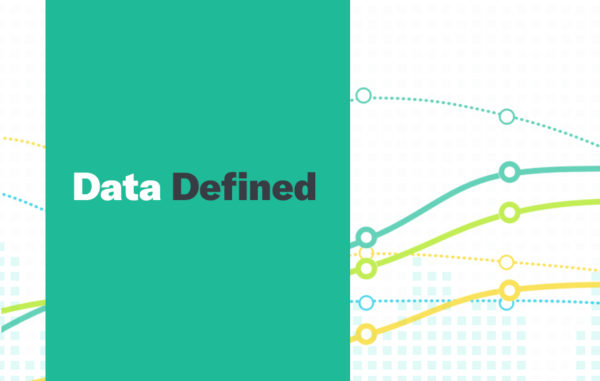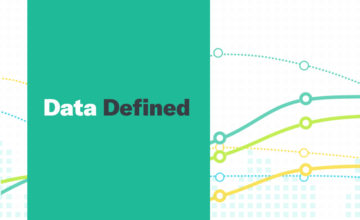Content Delivery Network (CDN) Defined
A content delivery network (CDN) refers to a geographically distributed group of servers which work together to provide fast delivery of Internet content.
CDNs are an umbrella term for a type of layer in the internet ecosystem. This ecosystem allows content owners to pay CDN operators to deliver content to end users.
These types of content vary from video streaming, software downloads, web and mobile content, transparent caching, and services to measure load balancing, analytics and cloud intelligence
The majority of web traffic is served through CDNs, including traffic from major sites like Facebook, Netflix, and Amazon.
Benefits of CDNs include:
- Improving website load times – By distributing content closer to website visitors by using a nearby CDN server, users experience faster page loading times.
- Reducing bandwidth costs – Bandwidth consumption costs for website hosting is a primary expense for websites.
- Increasing content availability and redundancy – Large amounts of traffic or hardware failures can interrupt normal website function.
- Improving website security – A CDN may improve security by providing DDoS mitigation, improvements to security certificates, and other optimizations.
In Data Defined, we help make the complex world of data more accessible by explaining some of the most complex aspects of the field.Click Here for more Data Defined.


